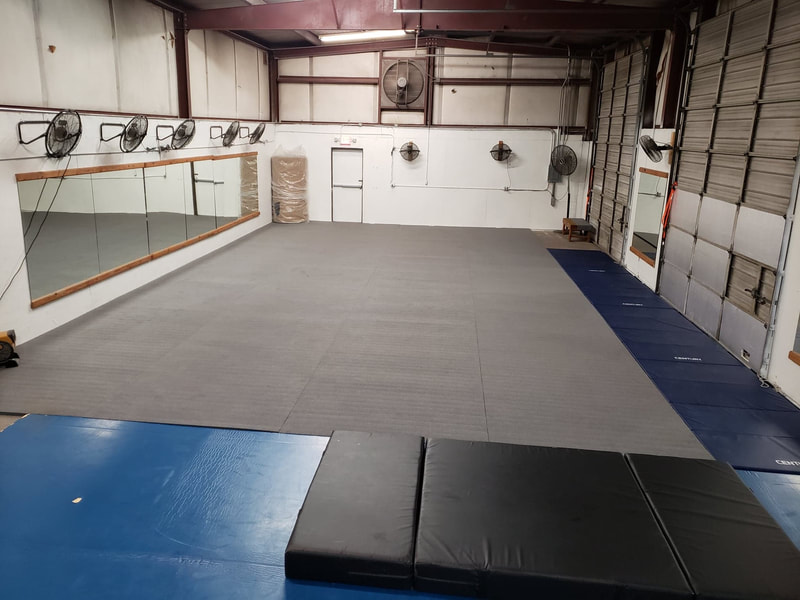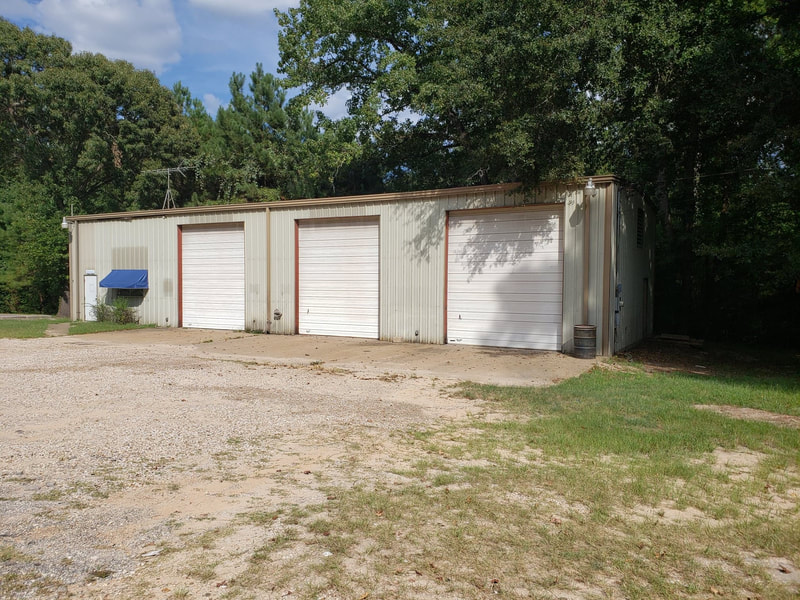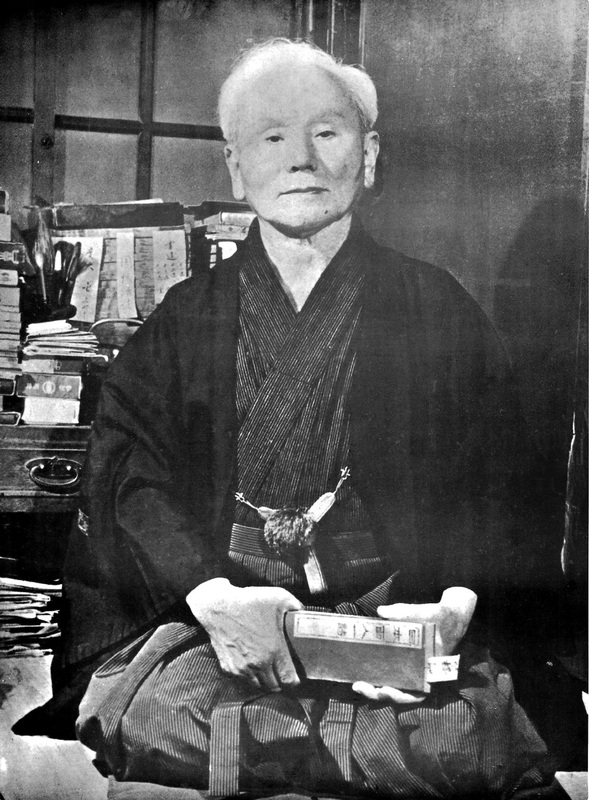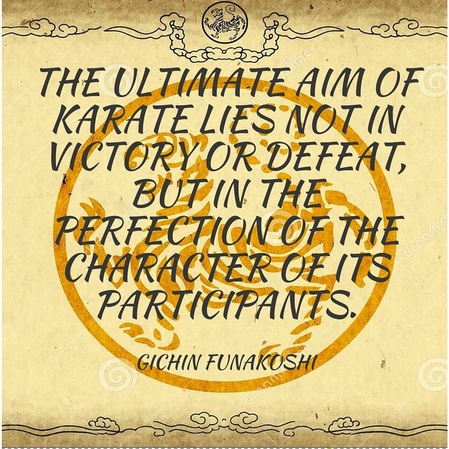Our History
Founded in 1989, by Hall of Fame inductee Scott Messina, Huntsville School of Karate is Huntsville's longest running karate school. we offer a comprehensive Shotokan Karate Curriculum, a hard-style Japanese Martial Art with dynamic movements, that also incorporates grappling, throwing, and some standing joint locking jiu-jistsu like techniques, which is geared toward any age! Our professionals are dedicated to help all students learn and master martial arts as well as improve their self-defense and physical fitness skills.
Our Dojo
Our Style
|
Shotokan (松濤館流 Shotokan-ryu) is a style of karate, developed from various martial arts by Gichin Funakoshi (1868–1957) and his son Gigo (Yoshitaka) Funakoshi (1906–1945). Gichin was born in Okinawa and is widely credited with popularizing karate through a series of public demonstrations, and by promoting the development of university karate clubs, including those at Keio, Waseda, Hitotsubashi (Shodai), Takushoku, Chuo, Gakushuin, and Hosei. Funakoshi had many students at the university clubs and outside dojos, who continued to teach karate after his death in 1957. However, internal disagreements led to the creation of different organizations—including an initial split between the Japan Karate Association (headed by Masatoshi Nakayama) and the Shotokai (headed by Shigeru Egami), followed by many others—so that today there is no single “Shotokan school”, although they all bear Funakoshi’s influence. Etymology Shotokan was the name of the first official dojo built by Funakoshi, in 1936 at Mejiro, and destroyed in 1945 as a result of allied bombing. Shoto (松濤 Shoto), meaning “pine-waves” (the movement of pine needles when the wind blows through them), was Funakoshi’s pen-name, which he used in his poetic and philosophical writings and messages to his students. The Japanese kan (館 kan) means “house” or “hall”. In honour of their sensei, Funakoshi’s students created a sign reading shoto-kan which was placed above the entrance of the hall where Funakoshi taught. Gichin Funakoshi never gave his style a name, just calling it “karate.” Philosophy Gichin Funakoshi laid out the Twenty Precepts of Karate, (or Niju kun) which form the foundations of the art, before his students established the JKA. Within these twenty principles, based heavily on Bushido and Zen, lies the philosophy of Shotokan. The principles allude to notions of humility, respect, compassion, patience, and both an inward and outward calmness. It was Funakoshi’s belief that through karate practice and observation of these 20 principles, the karateka would improve their person. The Dojo kun lists five philosophical rules for training in the dojo; seek perfection of character, be faithful, endeavor to excel, respect others, refrain from violent behavior. The Dojo kun is usually posted on a wall in the dojo, and some shotokan clubs recite the Dojo kun at the beginning and/or end of each class to provide motivation and a context for further training. |
|




